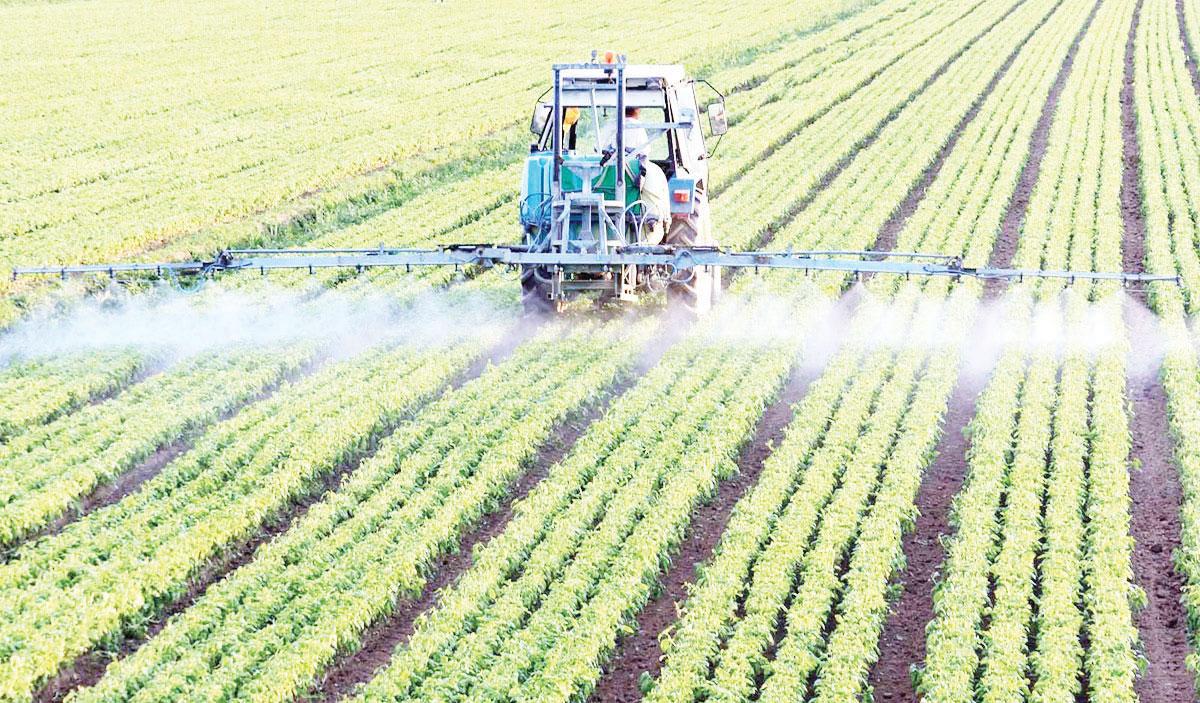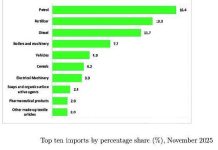Africa-Press – Malawi. Agriculture and economic experts have reiterated that the sector’s share to the national economy remains negligible, rating the outlook as mixed and murky. This is despite reported marginal increases of sector’s contribution to gross domestic product (GDP) in the past four years.
For instance, the Malawi 2021 Annual Economic Report published on the Ministry of Finance’s website recently indicates that the sector’s contribution to GDP grew from 22 percent at a monetary value of K1.5 trillion in 2018 to 23.2 percent at K1.74 trillion in 2021.
However, export figures from the International Trade Centre (ITC) Trade Map show that the countries exports, especially from the agriculture sector, have been on a decline, except in 2019. For example, tobacco and manufactured tobacco substitutes’ exports declined from about K387.4 billion in 2016 to K303.9 billion in 2020.
However export earnings from coffee, tea, maté and spices increased to K57.6 billion from K52 billion while oil seeds and oleaginous fruits; miscellaneous grains, seeds and fruit contribution rose to K42 billion from K16 billion during the period.
Experts have since hinted at possible reduced output in some agriculture value chains this season owing to weather-related shocks In an interview Tuesday, agriculturalist Tamani Nkhono Mvula said the sector remains underdeveloped, hence the need for massive investment and a shift in policy direction towards revitalisation.
“The picture we are seeing here is not good at all,” Nkhono Mvula said.
He said that there was a need to invest in research to come up with new varieties and products and invest in irrigation and mechanised farming and establish initiatives such as markets and value addition to improve the situation.
In a separate interview, agriculture expert Leonard Chimwaza said, due to inconsistencies in policy direction, the sector’s contribution to the economy has been minimal in the past 20 years. He said the country has been obsessed with food security only.
“There have been minimal efforts towards promotion of profitable markets for most of the produce and there has been little effort towards mechanising the agriculture sector thereby promoting micro and macro agro-processing and value addition.
“Policy-wise, Malawi has been slow in fastening and tracking the implementation of key policies and strategic plans which could be helpful in improving the outlook of the agriculture sector,” Chimwaza said.
He also lamented unwillingness by financial institutions to finance the agriculture sector. He said, to address the bottlenecks, the country needs to review the entire supply chain and move towards commercialisation of the sector. Ministry of Agriculture spokesperson Grecian Lungu was, however, upbeat that the future looks bright.
“We are positive that, this year, the sector’s contribution to GDP will also increase because there has been diversity in crop production; actually, there are some crops that are doing well both in production and sales,” Lungu said.
He indicated that first-round crop estimates indicate that maize production will decrease by 14 percent to 3.8 million metric tonnes. Soya, Sesame and groundnuts are expected to increase in production by 14 percent, 13 percent and 2.2 percent, respectively.
For More News And Analysis About Malawi Follow Africa-Press






